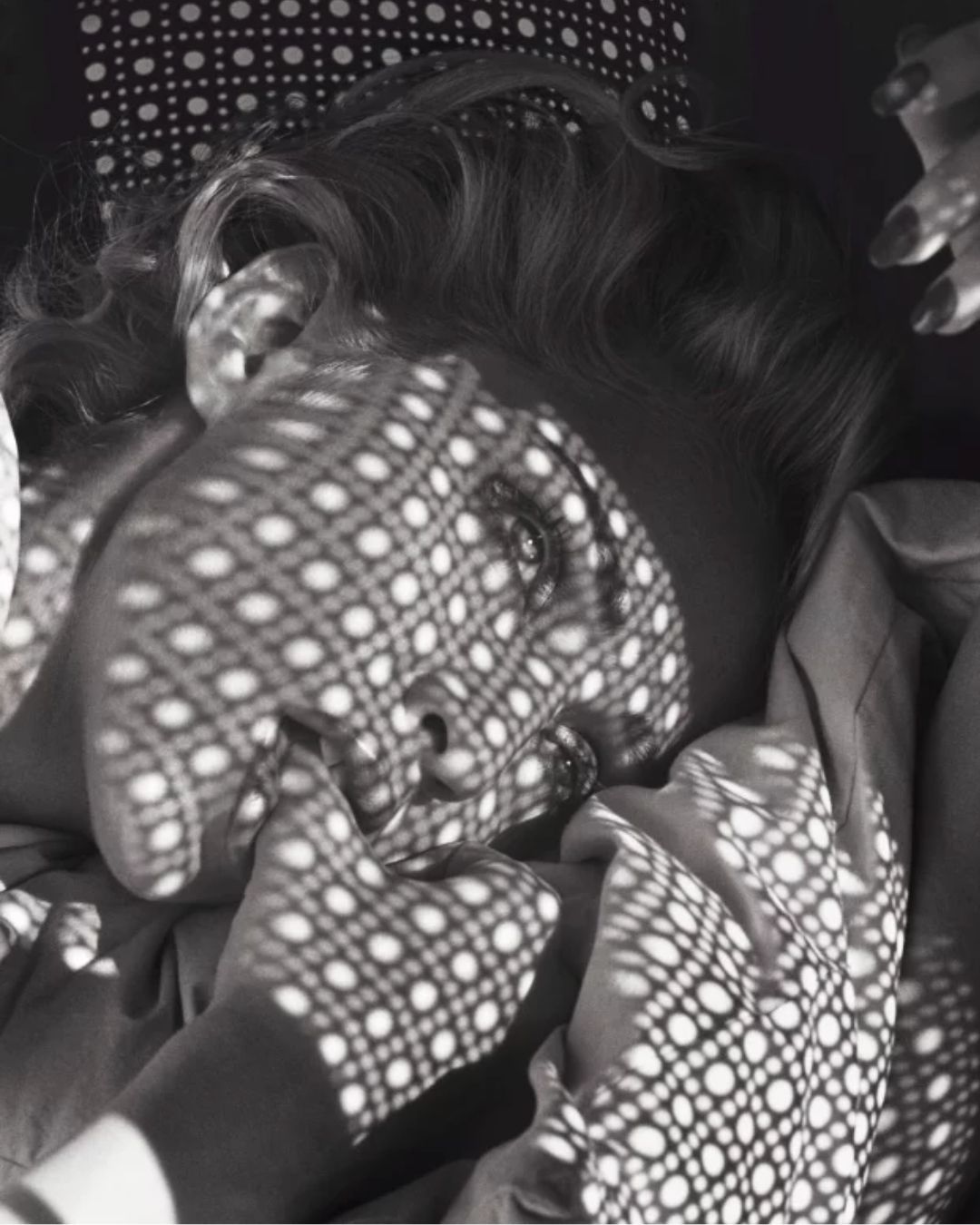
In 1992, Madonna released Sex — a book conceived not as publication but as performance. Spiral-bound, Mylar-sealed, and encased in brushed aluminium, it arrived like contraband. You did not simply buy it; you unwrapped it, tore it open, enacted it. The object was theatre before the images even began.
The production itself was a study in cultural choreography. Published by Warner Books, Maverick, and Callaway, with Fabien Baron directing design and Steven Meisel behind the camera, the book was part fetish manual, part manifesto. Within its 128 pages, Madonna appeared as Mistress Dita — her alter-ego — moving through S&M tableaux, hotel rooms, and city streets. Desire was staged as strategy. The casting, too, was deliberate: Naomi Campbell, Isabella Rossellini, Udo Kier, Vanilla Ice, Joey Stefano. Each cameo was a signal that eroticism, in Madonna’s hands, was authored rather than consumed.

The response was immediate and convulsive. On its first day, Sex sold 150,000 copies, topping bestseller lists even as critics denounced it as obscene, vulgar, dangerous. Yet this was the point. The scandal was not the photographs themselves, but the audacity of a woman narrating her erotic mythology before anyone else could script it. Sex was not only provocation; it was prophecy, foreshadowing a culture that would fixate endlessly on celebrity intimacy and the commodification of desire.
Three decades on, the book reads differently. It stands as a manifesto of authorship, intimacy reframed as power. Privacy became performance; transgression became declaration.

This is the resonance with 39BC. Our rituals are quieter, but the impulse is the same. Oil poured on skin, steam rising in silence — these, too, are stages. Like Madonna’s aluminium-bound provocation, they remind us that intimacy is authored, not passive. The bathroom, no less than the stage, is a place of transformation.
Silk Veil, a fine-fragrance shower oil of neroli, jasmine, tuberose, and musk, carries this lineage. Applied in water, it turns the bath into ceremony — fragrance blooming across skin, lingering long after the ritual ends. To hold it is to hold history reimagined, intimacy reclaimed as power.
Because some performances endure not in spectacle, but in ritual.
